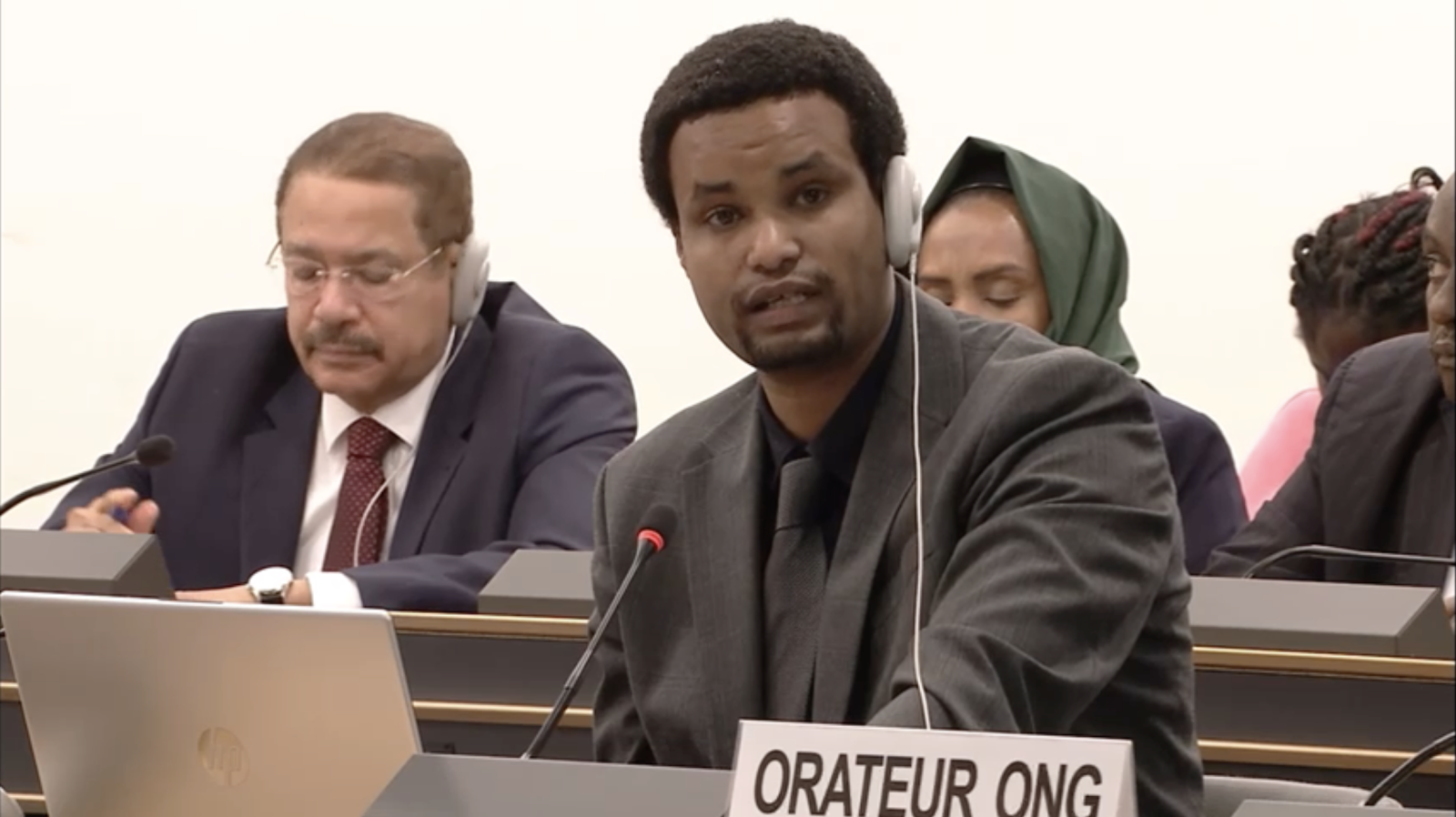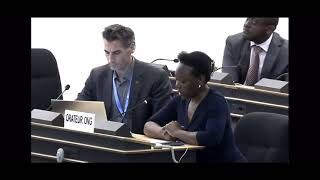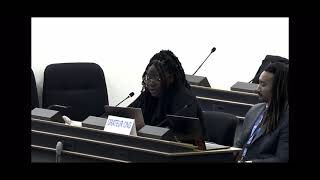60th regular session of the Human Rights Council
08 September - 08 October 2025
Item 6: UPR outcome of Kiribati
Joint Statement Union of Arab Jurists, Association Ma’onah for Human Rights and Immigration, International-Lawyers.Org, and Geneva International Centre for Justice
Delivered by Astrid Bochnakian / GICJ
Thank you.
We commend the Republic of Kiribati for its willingness and efforts to constructively engage with international treaties and mechanisms. Whether it be through its periodic report to the Committee against Torture or its cooperation with special procedures such as the UPR, Kiribati has demonstrated its commitment to upholding international standards and improving its human rights situation. The various public policies and plans it implemented in follow-up to the previous cycle underlined that Kiribati is taking concrete steps to translate international commitments into national action, while respecting customary and traditional practices.
We strongly encourage Kiribati to continue its efforts towards promoting and protecting all human rights. We urge the Republic to further this commitment by acceding to the International Covenants for Civil and Political Rights and for Economic, Social and Cultural Rights. We note the importance of strengthening the protection of these fundamental rights, which are fully aligned with its leadership in climate change resilience.
Kiribati is facing a unique challenge that few others in this Council are currently facing. As a low-lying island nation, it is greatly vulnerable to climate change. This challenge undermines nearly the entire spectrum of social and economic rights, from access to food and water to housing, health, work, education, culture, and even collective rights such as self-determination. Kiribati’s commitment to upholding international standards is vital not only for its own people but also for the global fight against climate change. By linking human rights protection with climate resilience, Kiribati shows that international solidarity and cooperation are essential in ensuring that no State is left behind in the protection of fundamental rights threatened by the climate crisis.
Thank you.








